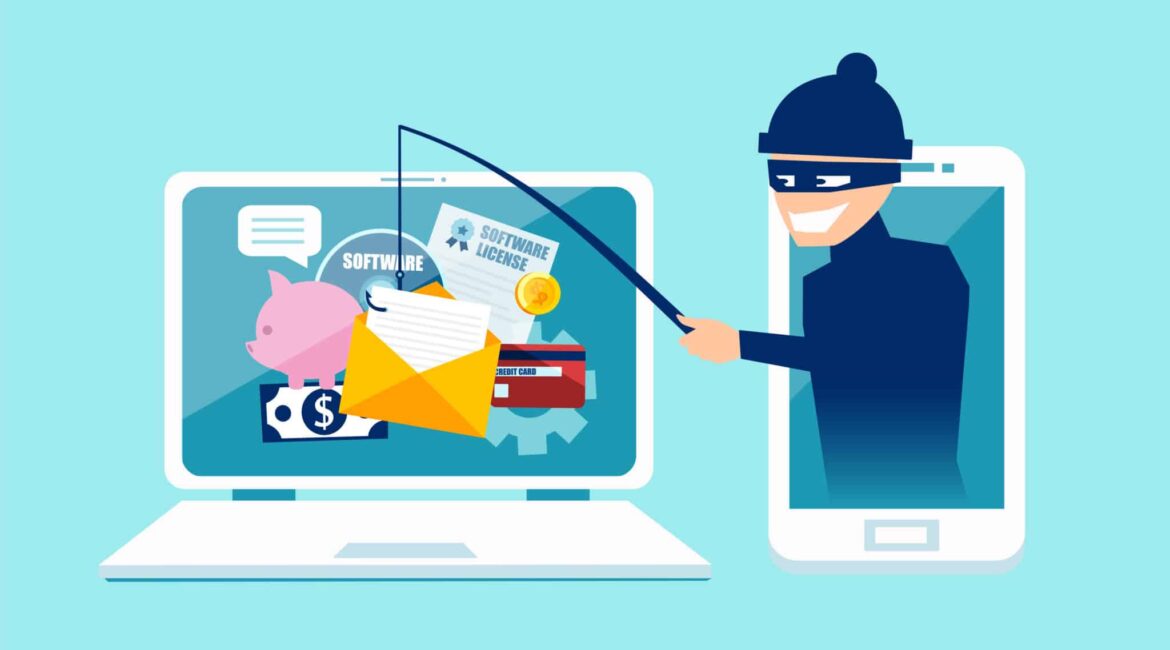Another significant data breach has exposed the personal information of countless individuals, once again highlighting the risks associated with inadequate security measures. A Florida-based firm specializing in background checks and private information requests has allegedly been compromised, with billions of personal records at risk of being leaked online.
A notorious criminal group, identified as USDoD, is reportedly offering the database for sale on a dark web forum for $3.5 million. This trove allegedly contains 2.9 billion records, encompassing data on individuals from the United States, Canada, and the United Kingdom. This breach’s scope and potential impact underscores the importance of robust data security and the profound implications for those affected.
We at Hoffman, Larin & Agnetti take our client’s safety and security very seriously. Here’s what you need to know about the breach and the steps you can take to protect yourself.
The Alleged Breach and Its Implications
The Database and Its Contents
The stolen data reportedly includes a vast amount of sensitive personal information, such as:
- Full names
- Current and past addresses, some dating back over three decades
- Social security numbers
- Detailed information about family members, including those deceased for nearly 20 years
USDoD has stated that this information was not obtained from public sources, suggesting a serious breach of private databases. While the dataset appears comprehensive, the records may have duplicate entries.
The potential leak of this database poses significant risks to personal privacy and security. With access to full names, addresses, social security numbers, and family information, criminals could commit identity theft, financial fraud, and other malicious activities. If you are affected, you may face:
- Unauthorized credit applications and loans
- Tax fraud
- Compromised social media and email accounts
- Phishing and targeted scams
Protecting Yourself: 6 Steps to Take
If you suspect that your information has been compromised, we recommend taking the following actions:
Monitor Your Credit Reports
You should regularly review your credit reports for suspicious activity. You can request free reports from major credit bureaus like Equifax, Experian, and TransUnion.
Place Fraud Alerts or Credit Freezes
Consider placing a fraud alert or credit freeze on your credit reports. A fraud alert prompts creditors to take extra steps to verify your identity before opening new accounts, while a credit freeze restricts access to your credit report.
Change Passwords and Enable Two-Factor Authentication
Update passwords for your online accounts, particularly those related to banking and personal information. Use strong, unique passwords, and enable two-factor authentication (2FA) wherever possible for added security.
Be Wary of Phishing Attempts
Exercise caution when responding to emails, phone calls, or messages that request personal information. Verify the sender’s identity before sharing any details, and avoid clicking on suspicious links. Our recommendation: If you receive a call that is at all suspicious, hang up, look up the company’s phone number, and call back. Please do not call the phone number that the caller gave you; it is easy to mask a caller’s ID to make it look legitimate.
Notify Financial Institutions
Inform your bank, credit card companies, and other financial institutions about the potential breach. They can monitor your accounts for unusual activity and implement measures to protect your information.
Remember the Golden Rule Regarding Social Security Numbers:NEVER give your social security number, not even the last four digits, to any company, government, or financial institution. Legitimate entities will NEVER ask for your social security number. And if a doctor’s office calls to set an appointment and you are uncomfortable, call them back or tell them you will give it to them when you arrive.
Even if the caller states your SS number, please don’t confirm. Again, if they are legitimate, they won’t ask for your confirmation.
Stay Informed
Keep yourself updated on news and developments related to the breach. Authorities and cybersecurity experts may offer additional guidance and resources for those affected. Some additional articles that cover scams to be aware of can be found here:
HOLIDAY CHEERS AND HOLIDAY TEARS: TIPS TO AVOID BEING HOOKED BY ONLINE SCAMS
SOCIAL SECURITY: DON’T BE A VICTIM OF A SCAM




